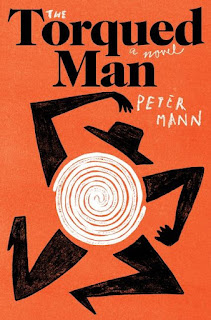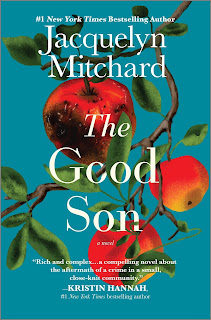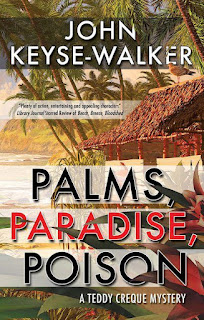
Gudenkauf applied the Page 69 Test to her new novel, The Overnight Guest, and reported the following:
From page 69:Visit Heather Gudenkauf's website.Once Wylie left, the flashlight would go with her. The woman would be left behind in total darkness. The cold and wind were relentless and it was snowing even harder. The woman was slowly being buried alive.If a reader picked up the book and flipped to page 69, they would find it is just a crucial window into The Overnight Guest. It gives the reader an excellent sense of the fear and isolation found throughout the novel. Also critical is the description of the brutal elements the characters must face: the cold, the wind, the falling snow - all of which are crucial in telling this story.
Wylie unzipped her coat and wriggled out of it. Immediately the cold punched through her clothing and she gasped. Shivering, Wylie tucked the coat around the woman, covering her up as much as possible. Next, Wylie removed her hat and carefully placed it on the woman’s head, pulling it gently over her ears.
I think this page also gives readers a sneak peek into the theme of imprisonment found throughout the novel. In this scene, the main character, Wylie, discovers a woman slowly being buried alive by the falling snow. Still, there are many other examples of people being held captive – physically and in a prison of their own making. Wylie, a true-crime writer, purposely isolates herself from the people she loves by coming to a remote farmhouse thousands of miles from her home. Once there, a 100-year blizzard further cuts her off from the outside world. Even the true-crime Wylie is writing about is threaded with examples of captivity, including a town held hostage by a decades-old crime and family members of the victims imprisoned by their own grief.
The Page 69 Test: Not A Sound.
The Page 69 Test: Before She Was Found.
The Page 69 Test: This Is How I Lied.
--Marshal Zeringue












